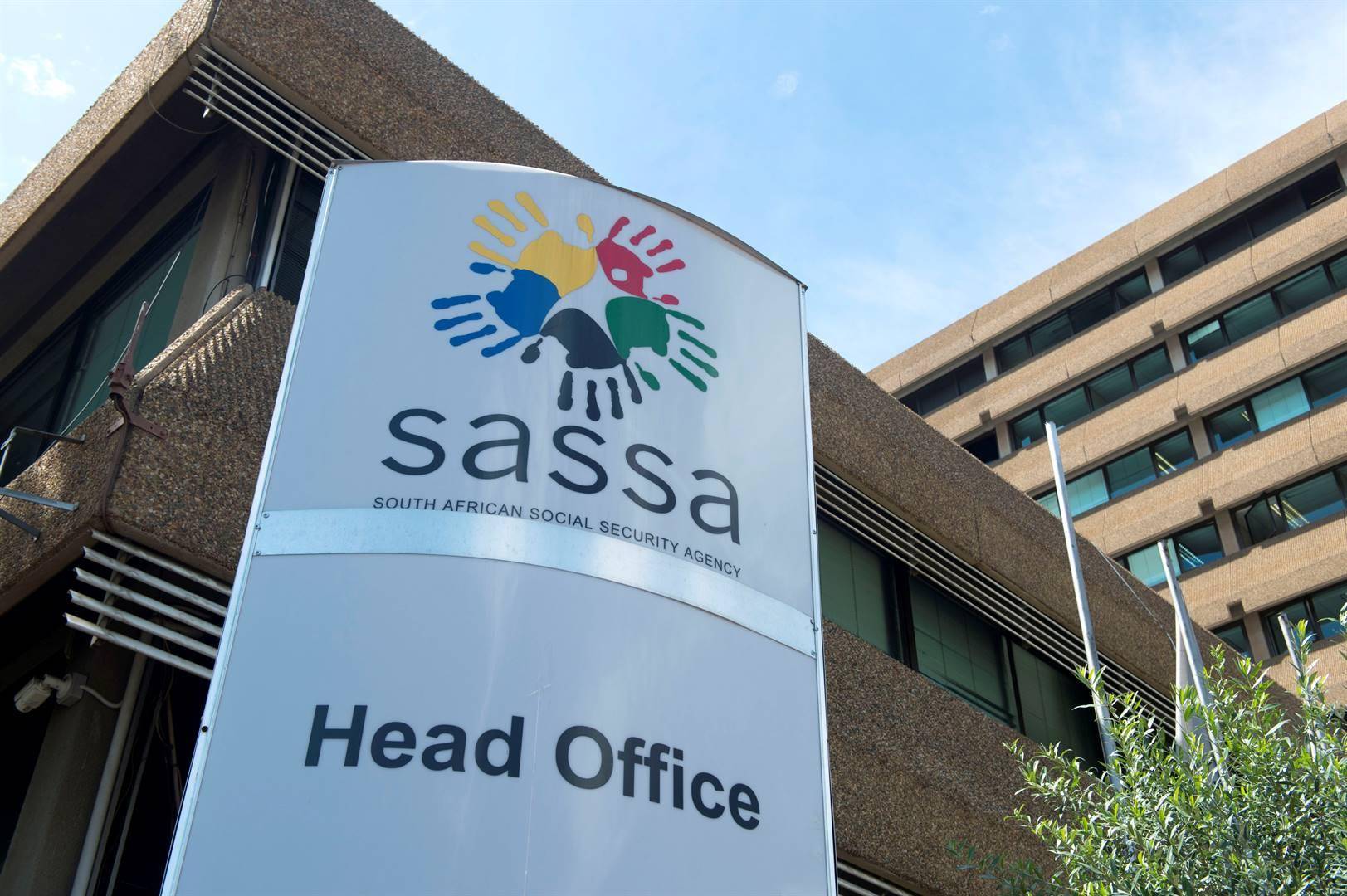
Contents
Introduction: Cash Payment
The South African Post Office (SAPO) has embarked on a significant initiative to close cash payment points (CPPs) for social grant recipients, signaling a fundamental shift in the nation’s welfare distribution system. Spearheaded by Postbank, this strategic move aims to enhance security, streamline operations, and promote the utilization of alternative payment channels within the National Payment System (NPS). However, as the closure unfolds, concerns regarding communication gaps, accessibility, and the socio-economic impact on beneficiaries have surfaced. In this comprehensive analysis, we delve into the implications, challenges, and government responses surrounding the closure of CPPs, shedding light on the complexities of this transformative endeavor.
Phase One Implementation:
Postbank spokesperson, Bongani Diako, confirmed the commencement of the closure during the February grant payment cycle, marking the initiation of the first phase. Under this phase, CPPs located in urban branches and those serving fewer than 50 beneficiaries are being phased out. This staggered approach, initially slated from January to March, aims to mitigate security risks associated with cash-in-transit heists and address capacity constraints at post office branches. While emphasizing the overarching goal of enhancing customer safety, Postbank underscores the importance of beneficiaries transitioning to alternative payment channels within the NPS.
Challenges and Concerns:
Despite assurances from Postbank and the South African Social Security Agency (Sassa) regarding minimal disruption, civil society organization Black Sash has raised significant concerns regarding the impact on beneficiaries. Evashnee Naidoo, regional manager for Black Sash, highlights communication gaps and the burden placed on vulnerable groups, particularly the elderly and disabled. The closure of CPPs, perceived as a reliable and accessible option, exacerbates existing challenges faced by grant recipients, including limited technical literacy and increased travel expenses.
Communication and Assistance Efforts:
In response to criticisms, Postbank and Sassa have pledged to implement a robust communication strategy to inform beneficiaries about the closure of CPPs. Utilizing social media, radio announcements, and community engagements, efforts are underway to alleviate confusion and facilitate the transition to alternative payment channels. However, concerns persist regarding the adequacy of support measures, especially for marginalized groups reliant on in-person assistance. As stakeholders advocate for proactive interventions, government agencies are urged to address the evolving needs of grant recipients across the nation.
ALSO READ Free Certificates: Enhance Your Skills, No Qualifications Needed 2024
Impact on Beneficiaries:
The closure of CPPs necessitates beneficiaries to navigate unfamiliar payment channels, including retail outlets and ATMs. While the majority of beneficiaries already utilize NPS channels, challenges arise from the reliance on physical access points for cash withdrawals. Elderly and disabled beneficiaries, in particular, express reservations about the security and accessibility of alternative options. As the transition unfolds, stakeholders emphasize the need for tailored solutions to ensure equitable access to social grants and uphold the welfare of millions across South Africa.
Mitigating Travel Costs:
One of the primary concerns stemming from the closure of CPPs is the additional financial burden placed on beneficiaries, particularly those residing in remote areas. With limited access to transportation, the prospect of traveling to alternative payment points exacerbates existing socio-economic challenges. Black Sash advocates for proactive measures to mitigate travel costs, including subsidized transportation options and mobile payment solutions tailored to the needs of vulnerable groups.
Addressing Security Concerns:
Amidst the transition, concerns regarding ATM security and retailer capacity have emerged. The influx of grant beneficiaries accessing alternative payment channels strains existing infrastructure, prompting calls for enhanced security measures and operational support. Postbank and Sassa collaborate with retailers to bolster security protocols and streamline payment processes, ensuring the safety and efficiency of cash withdrawals.
Government Responsiveness:

Criticism mounts over the perceived lack of government intervention to support beneficiaries during the transition period. Calls for enhanced communication, financial assistance, and accessibility measures underscore the need for proactive governance. As stakeholders advocate for inclusive policies and targeted interventions, government agencies face mounting pressure to address the evolving needs of grant recipients across the nation.
Conclusion:
The closure of cash payment points for social grants signifies a pivotal moment in South Africa’s welfare distribution landscape. While aimed at enhancing security and efficiency, the transition poses multifaceted challenges for beneficiaries and stakeholders alike. As the closure unfolds, collaboration, communication, and targeted interventions are paramount to ensure equitable access to social grants and uphold the welfare of millions across the nation. By addressing concerns, fostering dialogue, and implementing proactive measures, South Africa can navigate this transformative journey towards a more inclusive and resilient welfare system.

Be the first to comment